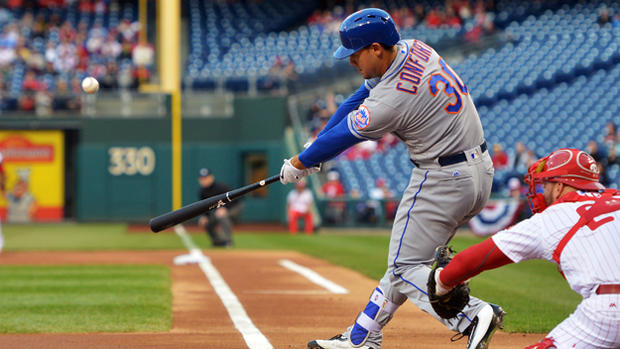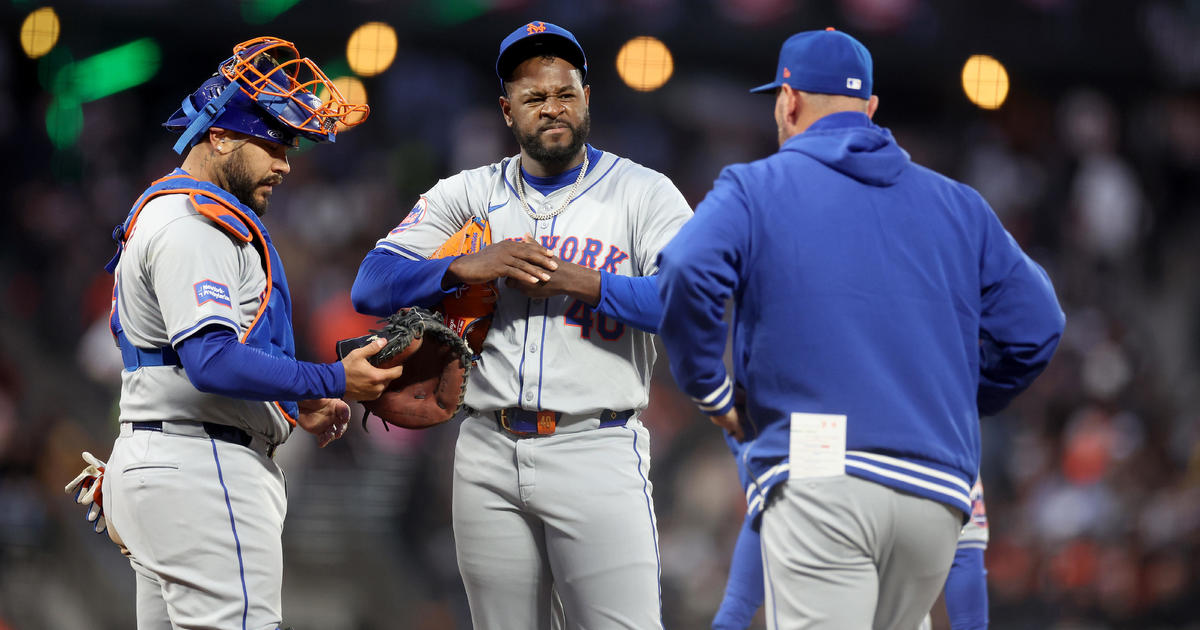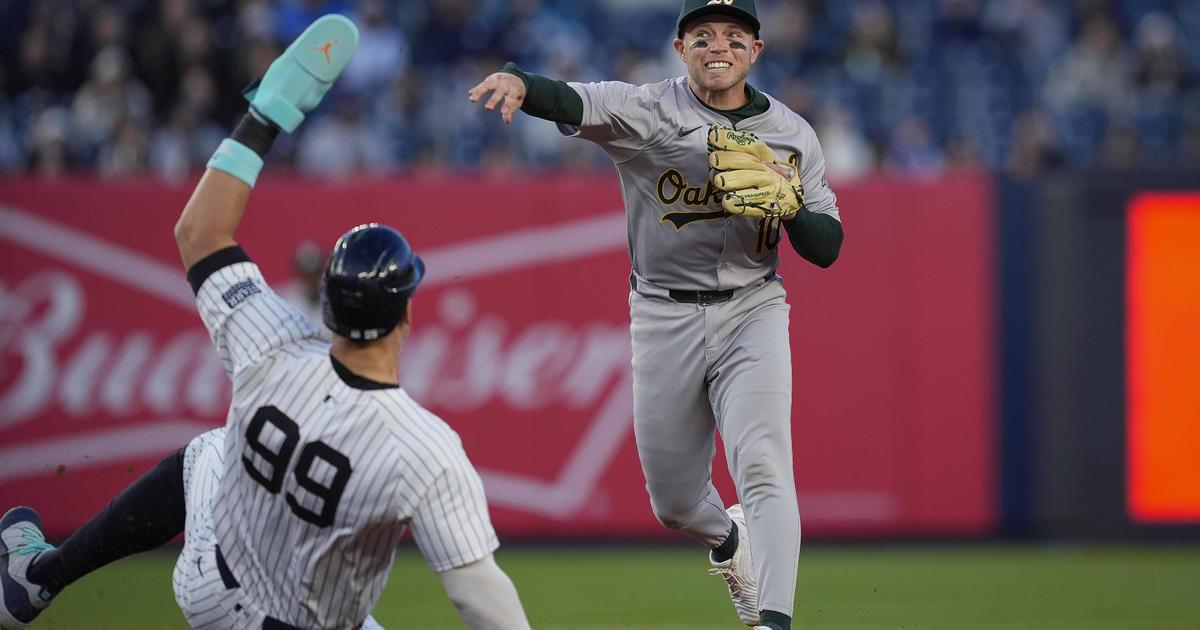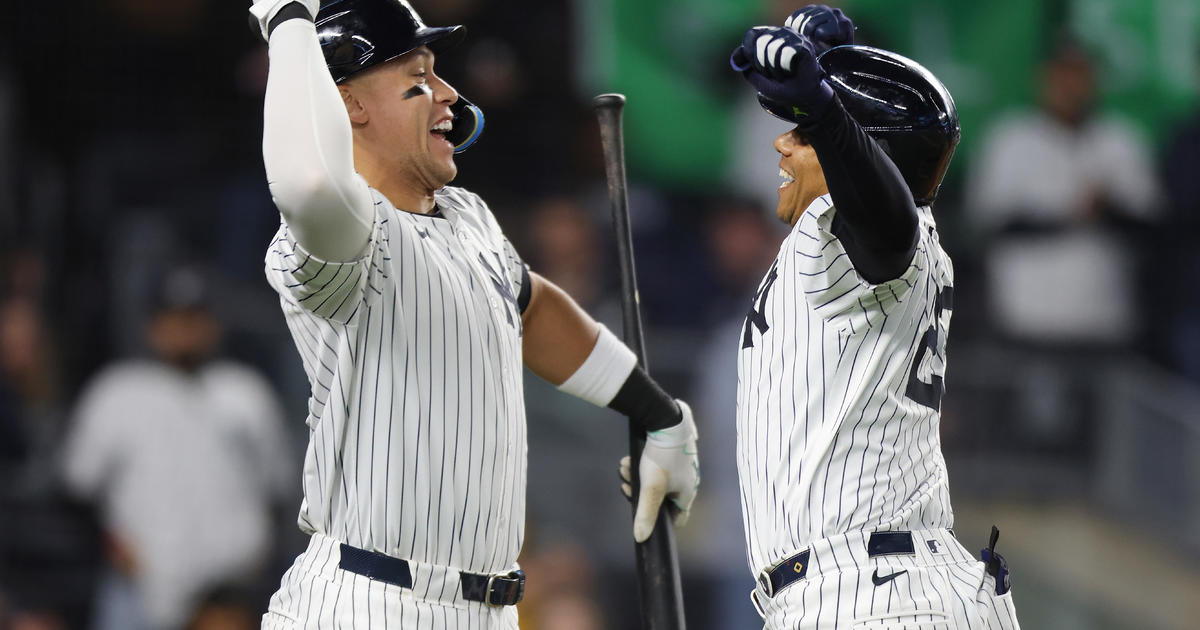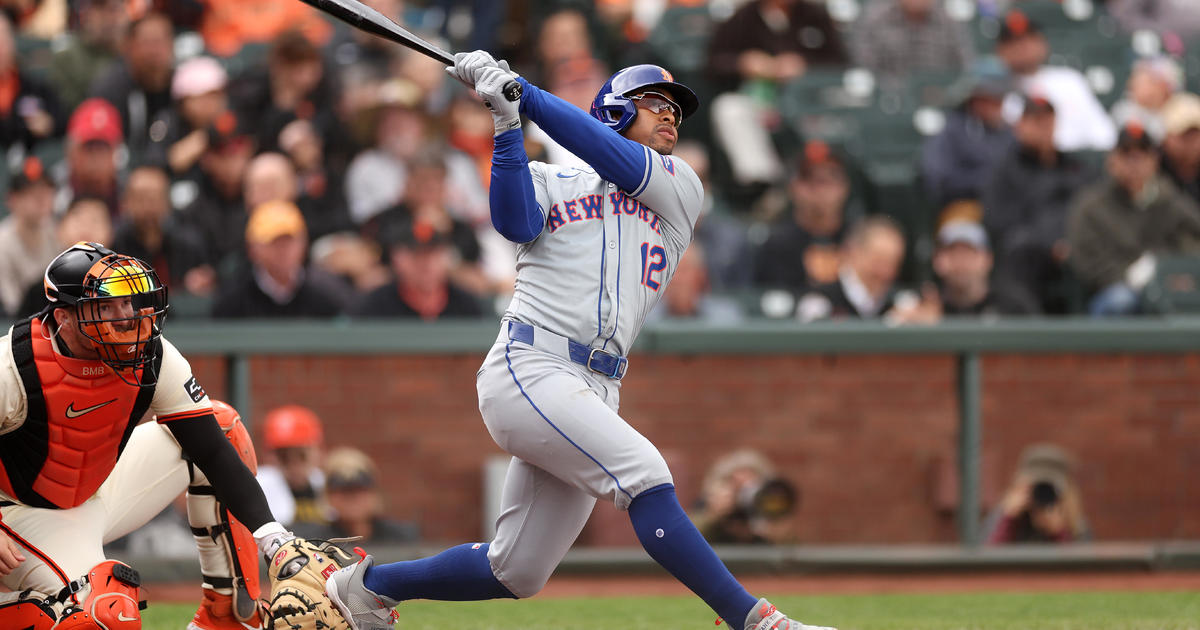Kallet: Conforto Paying Dividends For Mets In The 3 Hole
By Brad Kallet
» More Columns
Prior to the season, after surveying the Mets' roster and playing around with some potential lineup constructions, I called for Michael Conforto to hit third.
Opening night came and, predictably, the 23-year-old hit sixth against Royals starter Edinson Volquez. The Mets came back from 4-0 down in the sixth inning that evening to cut the deficit to 4-3. With runners on the corners and one out in the top of the ninth, Wade Davis struck out David Wright and Yoenis Cespedes — the two and three hitters, respectively — to end the ballgame.
Conforto, three batters away, never got a shot to drive in the tying — or potentially game-winning — run.
After the disappointing first defeat of the season, I decided that I was going to write about why Conforto and not Cespedes — or any other Met, for that matter — should hit third.
I never wrote the column — some other issues in Mets-land took precedence — but it turned out that I didn't have to.
Last Friday, with the Mets beginning a road trip in Cleveland, manager Terry Collins made the wise decision to slot the sweet-swinging lefty into the three hole. The move has paid off. Since the switch, New York is 4-1 and averaging 6.6 runs per game, and Conforto is 7-for-18 (.389) with two homers, five RBIs, six runs scored, three doubles and a walk.
Moving Conforto up into the three hole was a no-brainer. The argument for keeping the former first-round pick in the latter part of the order was that you don't want your youngest and least experienced player hitting in the most important position in the lineup.
The argument for it? He's the most complete hitter on the club, plain and simple.
He's not the most dangerous hitter on the Mets; Cespedes takes that honor. He's not the most disciplined, either; that would be Curtis Granderson. The most powerful? Not even close. Lucas Duda owns that distinction. And David Wright, of course, is the most experienced and accomplished batsman.
But Conforto is more well-rounded at the dish than any of his teammates. In his first full season in the majors, he clearly has plenty to prove. Small sample size or not, though, the Washington native profiles as the perfect three hitter.
A true line-drive hitter, Conforto goes to all fields and has enough strength to put the ball over the fence. He also draws walks — his approach and eye are awfully impressive considering he's not yet 24 — and puts up quality at-bats on a consistent basis. The second-year player is second on the team in average (.316), first in on-base percentage (.422), first in doubles (five), tied for third in walks (six), second in slugging percentage (.605) and first in OPS (1.027).
Conforto also has fewer strikeouts (nine) than Duda (11), Granderson (13), Neil Walker (14), Wright (15) and Cespedes (19).
He's hit just two home runs in 38 at-bats — including a two-run blast in the first inning of New York's dominant 11-1 win on Tuesday at Philadelphia — but the long balls will come, especially with Wright in front of him and Cespedes behind him. He's already seeing much better pitches than he did when Asdrubal Cabrera and a struggling Travis d'Arnaud followed him in the lineup.
If the Mets are to keep pace with the Nationals — who have looked as strong as any team in the majors to start the season — in the National League East, they're going to have to capitalize with men in scoring position. In a division race that figures to be a dogfight through the lazy days of summer and into October, every run will count.
Winning teams, you might notice, almost always score when they have a runner on third and less than two outs. (For evidence of this, re-watch the 2015 World Series, and pay close attention to the Royals' flawless execution. Actually, never mind. You probably don't want to do that.) Good teams find a way to get that run in.
In such a situation, there is no one better suited on this club than Conforto to get that job done. He buckles down, patiently waits for his pitch and puts the ball in play, and unlike Wright and Cespedes, doesn't look overmatched by premier pitching.
The experiment has worked so far, and there's no reason to think it shouldn't continue to pay dividends. Conforto is only going to get better and smarter as he develops into a more polished big-league hitter.
The Mets have their three hitter, potentially for the next decade.
Pitching to this team just got a whole lot more difficult.
Brad Kallet is the managing editor of TENNIS.com and a frequent contributor to WFAN. Follow him on Twitter @brad_kallet.
